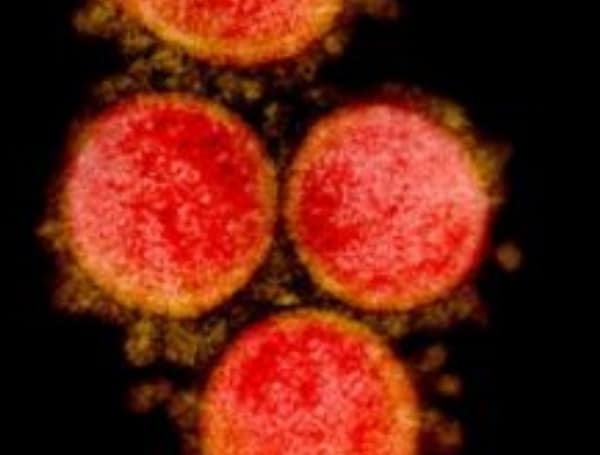So add lockdowns to the things that failed to curtail deaths during the pandemic.
In fact, they made things worse.
A paper published last month by the National Bureau of Economic Research notes that after shelter-in-place, or SIP, policies went into effect, produce “ambiguous,” if not adverse, effects on public health.
The researchers, from the RAND Corp. and the University of Southern California, found that “following the implementation of SIP policies, excess mortality increases,” at a rate that was “statistically significant.”
The report studied the U.S. and 43 other countries that launched SIP policies.
“Early evidence suggests that SIP policies slowed COVID-19 transmission early in the pandemic in the United States and globally,” the authors wrote.
But, they add, “At the same time, even if SIP policies reduce COVID-19 transmission, their impact on overall health is unclear, as SIP policies likely have several important unintended consequences.”
Those unintended consequences include unemployment or reduced economic activity, increased stress and anxiety due to social isolation potentially leading to increased substance use and suicides, reduced physical mobility that may have also caused increases in child abuse and domestic violence, and reduced use of high-value non-COVID care such as cancer screenings and vaccinations.
The bottom line: “These complex effects suggest that SIP policies might reduce COVID-19 related mortality, but might also increase mortality from other causes.”
The study notes that in the U.S. specifically excess deaths eventually trended down. But it took five months to reach that point.
The authors note their study has limitations. For example, enforcement of SIP policies was not the same across states or countries, and COVID-19 deaths are subjectively reported by jurisdiction.
Still, “the implementation of SIP policies does not appear to have met the aim of reducing excess mortality.”
They provide a few explanations.
For one thing, “it is possible that SIP policies do not slow COVID-19 transmission.” Possibly, they note, people would have changed their behavior without being told to lock down.
Meanwhile, SIP policies could have increased “deaths of despair” because of economic and social isolation effects of SIP policies. In the U.S., from March to August 2020, drug overdoses, homicides, and unintentional injuries increased, while suicides declined.
Moreover, some studies indicate SIP policies led to a reduction in non-COVID-19 health care, which in turn may have contributed to more non-COVID-19 deaths.
“In light of this evidence,” the authors conclude, “continued reliance on SIP policies to slow COVID-19 transmission may not be optimal. Instead, the best policy response may be pharmaceutical interventions in the form of vaccinations and therapeutics when they become available.”
“Early evidence suggests that initial vaccination efforts have led to large reductions in COVID-19 incidence. Policy efforts to promote vaccination are thus likely to have large positive impacts.”
Android Users, Click Here To Download The Free Press App And Never Miss A Story. It’s Free And Coming To Apple Users Soon.
Support journalism by clicking here to our gofundme or sign up for our free newsletter by clicking here
